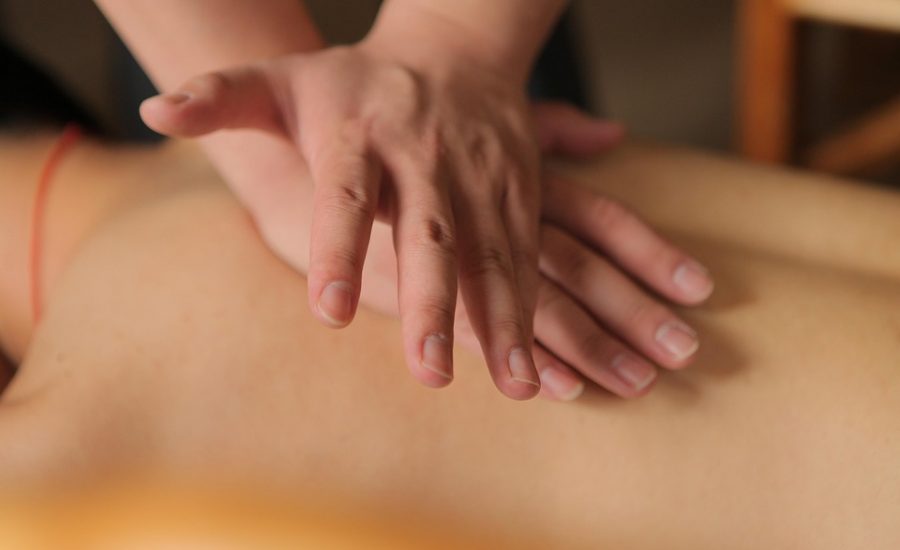Aging is an inevitable part of life, and with it come many physical and emotional changes. One of the most significant factors in the aging process is hormonal changes. This comprehensive guide aims to help you understand these changes and how they influence your well-being, empowering you to age gracefully.
What Are Hormones?
Hormones are chemical messengers produced by the endocrine glands that regulate various bodily functions, including metabolism, growth, and reproductive processes. As we age, the levels of certain hormones naturally fluctuate, which can lead to various physical and emotional changes.
Key Hormones Affected by Aging
- Estrogen and Progesterone: Declines in these hormones often occur in women around menopause, leading to symptoms such as hot flashes and mood swings.
- Testosterone: In men, testosterone levels gradually decline with age, affecting libido, muscle mass, and energy levels.
- Growth Hormone: As we age, growth hormone production decreases, which can contribute to reduced muscle mass and increased fat accumulation.
- Insulin: Insulin sensitivity may diminish, leading to potential issues with blood sugar control and increased risk of type 2 diabetes.
How Hormonal Changes Affect Aging
Understanding how these hormonal changes affect your body can help you navigate the aging process more effectively.
Physical Changes
- Weight Gain: Decreased levels of hormones like estrogen and testosterone can lead to weight gain, particularly around the abdomen.
- Bone Density: Lower estrogen and testosterone levels can lead to reduced bone density, increasing the risk of osteoporosis.
- Skin Elasticity: Collagen production declines with age due to hormonal changes, resulting in thinner skin and the formation of wrinkles.
Emotional Changes
- Mood Swings: Hormonal fluctuations can lead to increased irritability, anxiety, or depression.
- Cognitive Function: Some research suggests that hormonal changes might affect cognitive functions like memory and concentration.
Tips for Managing Hormonal Changes
Aging gracefully involves proactive measures to manage the effects of hormonal changes. Here are some strategies to consider:
1. Nutrition
Nutrition plays a crucial role in hormone balance and overall health. Incorporate the following foods into your diet:
- Lean Proteins: Chicken, fish, and legumes help maintain muscle mass.
- Healthy Fats: Avocados, olive oil, and nuts support hormonal health.
- Whole Grains: Oats, brown rice, and quinoa promote stable blood sugar levels.
2. Regular Exercise
Physical activity is paramount:
- Strength Training: Helps maintain muscle mass and improve bone density.
- Cardiovascular Exercise: Boosts mood and cardiovascular health.
- Flexibility Exercises: Yoga and Pilates can improve flexibility and promote relaxation.
3. Stress Management
Chronic stress can exacerbate hormonal imbalances. Implement stress-relief techniques such as:
- Mindfulness or Meditation: Spend a few minutes each day practicing mindfulness.
- Deep Breathing: Engaging in deep breathing exercises can calm your mind and body.
4. Adequate Sleep
Sleep is vital for hormonal balance. Aim for 7-9 hours of quality sleep per night. Consider the following tips:
- Create a Sleep Routine: Go to bed and wake up at the same time every day.
- Limit Screen Time: Reduce exposure to screens at least an hour before bedtime.
5. Regular Health Checkups
Routine health checkups are essential as you age. Regular blood tests can help monitor hormone levels and identify potential issues early on. Consult with healthcare professionals about symptoms you might be experiencing.
Hormone Replacement Therapy (HRT)
For some individuals, Hormone Replacement Therapy (HRT) may be an option. HRT aims to restore hormone levels to alleviate symptoms related to hormonal decline, especially in menopausal women. Discuss the potential benefits and risks with a healthcare provider to determine if HRT is suitable for you.
Pros of HRT
- Relieves Menopausal Symptoms: Can significantly reduce hot flashes and mood swings.
- Bone Health: May help in maintaining bone density.
Cons of HRT
- Risk of Blood Clots: Some studies suggest an increased risk of blood clots and other health issues.
The Importance of Mental Health
It’s not just physical changes that come with aging; mental health is equally important. Consider these additional practices:
- Stay Socially Active: Maintain connections with family and friends to support mental health.
- Engage in Hobbies: Pursue interests that stimulate the mind and provide joy.
Conclusion
Hormonal changes are a natural part of aging that can significantly impact our physical and emotional well-being. By understanding these changes and taking proactive steps—such as maintaining a balanced diet, exercising, managing stress, ensuring adequate sleep, and consulting healthcare professionals—we can navigate the aging process gracefully.
Remember, aging brings wisdom, experience, and opportunities for growth. Embrace this new chapter in your life with open arms, and take pride in the journey toward becoming the best version of yourself.
By prioritizing hormone health, you can not only enhance your quality of life but also truly age gracefully, enjoying every moment along the way.








 Weight Loss, Unlocked.
Weight Loss, Unlocked.